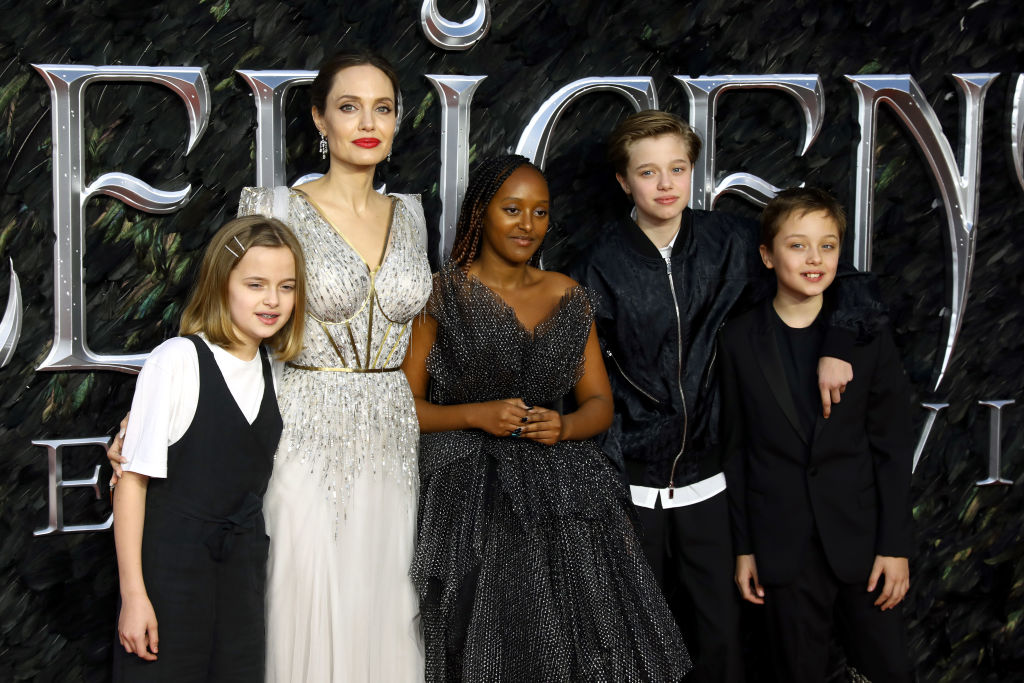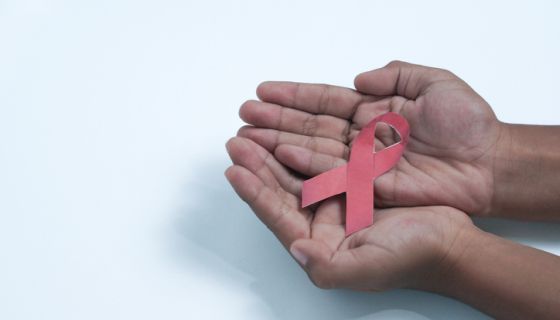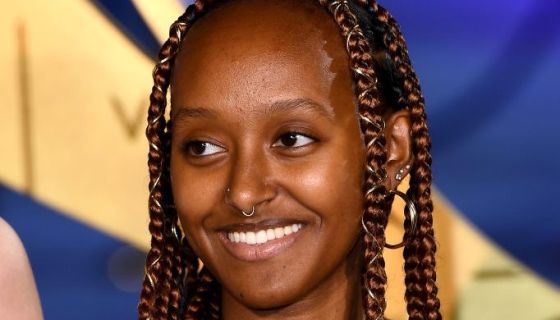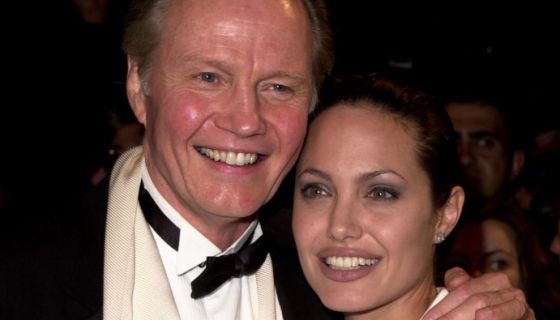Angelina Jolie wants to raise awareness regarding the differences in medical care between White and Black patients.

Source: Tim P. Whitby / Getty
In a Time article published on Wednesday, the Maleficent actress has interviewed a 21-year-old medical student named Malone Mukwende, who wants to teach others about how race factors into healthcare.
Mukwende was inspired to take on this topic after he noticed that “almost all the images and data used in its teaching were based on studies of white patients,” which often leads to “misdiagnosis, suffering and even death.”
Ultimately, the medical student’s work culminated into a handbook, Mind the Gap, along with an accompanying online platform called Hutano.
“Hutano, in my native language, Shona, translates directly to ‘health,’” he explained. “It’s a health social platform, where people from all over the world can connect to form communities and really discuss these different conditions.”
With her ex-husband Brad Pitt, Jolie has six kids: Maddox, 19, Pax, 17, Zahara, 16, Shiloh, 15, and 12-year-old twins Knox and Vivienne. Having adopted from different countries, her children are racially diverse, giving her a front-seat for witnessing racial bias while seeking care for each of her kids.
“I have children from different backgrounds, and I know when there was a rash that everybody got, it looked drastically different depending on their skin color,” she explained. “But whenever I looked at medical charts, the reference point was always white skin.”
She then went on to tell a story about what happened last year when her eldest daughter, Zahara, who is Black, had surgery.
“Recently my daughter, Zahara, whom I adopted from Ethiopia, had surgery, and afterward a nurse told me to call them if her skin ‘turned pink,’” Jolie recalled.
In response, Mukwende points out that microaggressions like those Zahara experienced are “the kind of thing I started to notice very early on.”
“Almost the entirety of medicine is taught in that way,” he said. “There’s a language and a culture that exists in the medical profession because it’s been done for so many years and because we are still doing it so many years later it doesn’t seem like it’s a problem.”
As Jolie points out, “the gap isn’t just because there haven’t been studies on Black and brown skin.” “It’s because it wasn’t considered important, right?” she asked Mukwende.
“Yes, that’s right,” he responded. “After the publication of Mind the Gap, someone reached out to me who is a student in Zimbabwe. They said that all the books and reference images they use are also from white skin, even though the population [is] predominantly of darker skin. It really shows you that the legacies of colonialism are still living in 2021.”
Mukwende says he hopes Hutano will help empower people to take charge and stand up for their health and well-being.
“We want people who are living with these conditions to have a platform to be seen and empower their health care literacy,” he explaained. “For example, someone who has been struggling with eczema can come onto Hutano and join or even create an awareness group around their condition, and other people from all over the world who have that condition can join in and maybe discuss, “oh I’ve recently been diagnosed with eczema, does anyone know how I can find some clothes which won’t irritate my eczema?” or “I’ve used this cream, does anyone have any experience in how it has worked?” We want to give people the platform to be able to discuss these things. We need to start empowering the individual, and that, I hope, will start to reduce some of the health care disparities that exist.”











Comments
Bossip Comment Policy
Please read our Comment Policy before commenting.